KIT Blog
Thank you for partnering with us towards holistic healthcare for people affected by leprosy
By Tim Burton,
Global Communications, The Leprosy Mission International
Mental health problems affect 1 in 4 people across the world. Over the course of the pandemic, that figure has certainly crept up and even those who have not experienced mental health problems may have been granted a small window into what it can feel like.
Thankfully, in many countries the conversation around mental health has been opening over recent years. Alongside this, The Leprosy Mission, as well as our partners, are working increasingly towards holistic healthcare. But this work is only beginning. The first step to properly addressing what could prove to be a mental health crisis amongst persons affected by leprosy is to determine the scale of the problem. Our team in Nigeria are engaged in exactly that work. Their project, in partnership with the University of Jos and the Christian Blind Mission, could prove transformative.
Dr Paul Tsaku is leading The Leprosy Mission Nigeria’s attempts to map the scale of the mental health crisis that is hurting persons affected by leprosy and other Neglected Tropical Diseases (NTDs). His team have been doing this through the Mind-Skin Link project, using both qualitative and quantitative research.
Their quantitative data was gathered through a survey of 142 people affected by leprosy and Lymphatic Filariasis (LF). The survey data revealed that a significant number of those surveyed had at least one form of mental health problem. The team are still undergoing the process of analysing this data, which they hope will provide them with a much clearer indication of the scale of the problem.
The team’s qualitative data took the form of focus group discussions. They ran a series of groups of up to five people where participants were given the opportunity to talk about mental wellbeing and the associated stigma in their community.
The groups have looked at how participants live their lives and the kinds of challenges they encounter and how these two factors relate to mental health problems.
Although the research is still underway and final results are some way from being ready for publication, the team know that the problem is too serious to be fixed overnight.
The research is being conducted in Benue State in Nigeria and there is effectively no mental health support for the state’s NTD-affected population. Benue has only five psychiatrists for a population of 5 million people. On top of this, existing research indicates that 76 percent of people with NTDs suffer from psychosocial problems.
Whilst realities will vary across Nigeria and in other countries around the world, we know that mental health problems are a huge unmet need amongst people affected by leprosy and other NTDs. These problems will not be fixed overnight; we will need to commit substantial resources to solving this crisis. Thankfully, as well as helping us to grasp how significant our response needs to be in the long-term, Dr Tsaku’s research also gives us some helpful places to start.
The Leprosy Mission Nigeria have been working with communities in Benue to develop resilience within their existing structures. Dr Tsaku told us “We wanted to put our research into practice right away, that’s why we’ve committed time to training and awareness-raising within communities. Our goal has been to integrate mental health within existing healthcare and NTD structures.”
Dr Tsaku and the team started with a theory of change workshop within the communities they have been working with. They invited health care professionals, mental health stakeholders, NTD stakeholders and persons affected by both leprosy and LF. The workshop participants had the opportunity to speak up about the kind of mental health change they want to see within their community and together they drafted a theory of change map. This workshop unlocked some of the significant barriers to mental health support within the community. Primarily, it highlighted that there was a substantial gap in training for community healthcare workers, who were not equipped to handle mental health problems.
Please pray that community healthcare workers in Nigeria will be equipped with the right skills and knowledge to address the mental health problems within communities.
Teams are providing mental health training for the community and NTD healthcare workers in Benue State. This training was based on the World Health Organisation (WHO) Mental Health Guidelines. They have more training planned on psychological first aid, which will guide these community health service providers on how to handle mental health emergencies within the community.
Please pray that as they continue to supervise these healthcare workers we can learn from their experiences and improve ongoing performance and outcomes.
Another significant problem that the workshop highlighted was the stigma surrounding mental health problems. Stigma has been shown to be associated with reduced help-seeking and low adherence to treatment, further compounding the burden of mental health among people affected by NTDs. Following this, The Leprosy Mission Nigeria have been working with partners to increase community awareness of mental health so that the stigma can begin to disappear.
Although the mental health problems within leprosy and NTD communities might be big ones, we are seeing from Nigeria that integrating mental health support within the existing structures is possible and can have an impact. Dr Tsaku and his team are working on a manuscript for publication and may end up with several publications following this one project.
So far, the project has been presented to the World Health Organisation (WHO) and at a webinar jointly organised by the London Centre for NTD Research, and The Royal Society of Tropical Medicine and Hygiene, and has been very well received by a global audience. The project has set out to test the feasibility of WHO’s first guideline for mental health and NTDs integration tagged “towards a person-centred approach.”
As these projects progress and more projects start, we will begin to get a bigger and better picture of the problems we face and how we can address them.
Please pray for Dr Tsaku as he plans to expand this project to other states within Nigeria.
It is crucial that such work continues, both in Nigeria and elsewhere in leprosy-affected countries. We are becoming more and more aware of the significance of this problem and our researchers are the key to unlocking the solutions that are so desperately needed.
Thank you for your support.
Please know The Leprosy Mission Australia staff are praying for you daily. If you have any concerns, specific prayer requests, or just need a friendly voice for a chat, please contact the Engagement Team. FREECALL 1800 LEPROSY (1800 537 767) or email: engage@leprosymission.org.au
A Prayer for Mental Health:
“Heavenly Father, giver of life and health: Comfort and relieve those challenged by serious and chronic mental and emotional illnesses. Give your power of healing to those who minister to their needs, that they may be strengthened in their weakness and have confidence in your loving care; through Jesus Christ our Lord. Amen.”
A Bible Verse for Reflection:
“Do not be anxious about anything, but in everything, by prayer and petition, with thanksgiving, present your requests to God. And the peace of God, which transcends all understanding, will guard your hearts and your minds in Christ Jesus.” (Philippians 4:6-7)













